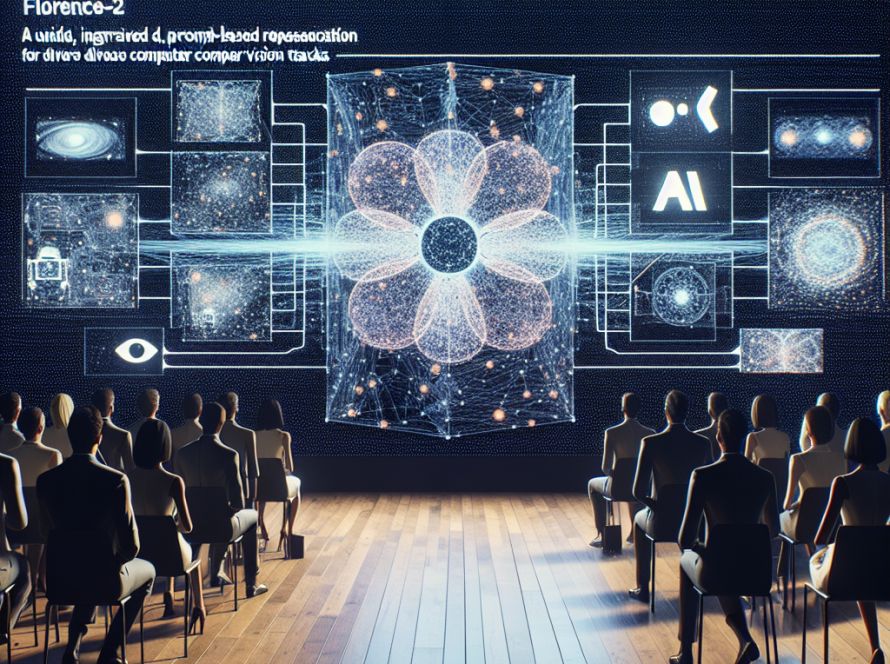Amazon Bedrock, a platform for AI applications created by Amazon Web Services (AWS), has announced advancements in its collaboration with Anthropic, a leading AI research company. Anthropic’s advanced family of generative AI models, known as Claude, has been instrumental in building transformative customer experiences for organizations of all sizes, serving more than 10K customers since Amazon Bedrock’s general availability on September 28, 2023.
The Anthropic Claude family of models has led to significant innovation within the realm of generative AI. The achievements following the introduction of the Claude models have prompted the release of the next generation of models, Claude 3 Opus, Claude 3 Sonnet, and Claude 3 Haiku, each developed for specific applications and purposes. The collaboration between AWS and Anthropic helped customers accelerate generative AI adoption and delivered considerable business value to them.
The Claude 3 models bring significant improvements over the previous iterations in terms of speed, cost-effectiveness and processing of complex tasks. Specifically, the Haiku model offers near-instant responsiveness, while the Sonnet model excels at intelligent tasks such as knowledge retrieval or sales automation that require rapid responses. The Opus model, however, is at the frontier of general intelligence, capable of navigating complex situations, performing deep reasoning, and advanced mathematical tasks. These advanced capabilities of the Claude 3 models facilitate a wide range of applications, including the integration of diverse multimedia sources and solving cross-domain problems, thus encouraging the development of generative AI applications.
In terms of performance, Claude 3 models surpass previous models in areas such as solving math problems, programming exercises, and scientific reasoning. Furthermore, the models consistently score high on most standard evaluation benchmarks for AI systems, including undergraduate expert knowledge, graduate-level expert reasoning, and basic mathematics. The Claude 3 models also offer enhanced controls over AI systems to ensure predictive, reliable outputs for automated processes, and improved accuracy, reducing the likelihood of faulty responses.
Working with AWS and Anthropic, various companies have reported significant benefits. Lonely Planet has reduced itinerary generation costs, LexisNexis Legal & Professional noted increased efficiency and effectiveness, and Broadridge has reported increased accuracy and choice in its use of language models, among other companies.
These advancements underscore the commitment of AWS and Anthropic to the development of generative AI in a responsible way. In the future, the potential of generative AI in the areas of process automation, human expertise augmentation, and digital transformation may be further realized. As a consequence, there will be a wider adoption of generative AI applications in various industries, particularly those leveraging the benefits of generative AI offered by Amazon Bedrock. The versatility of Claude 3 models assists in the successful prototyping and creation of production systems that have substantial impact on bottom-line results.
Despite the steady progress, the journey towards the full potential of generative AI still has a long way to go. However, the strong partnership between AWS and Anthropic promises to usher in further ground-breaking advancements in generative AI, making it increasingly practical and valuable for businesses of all sizes.


